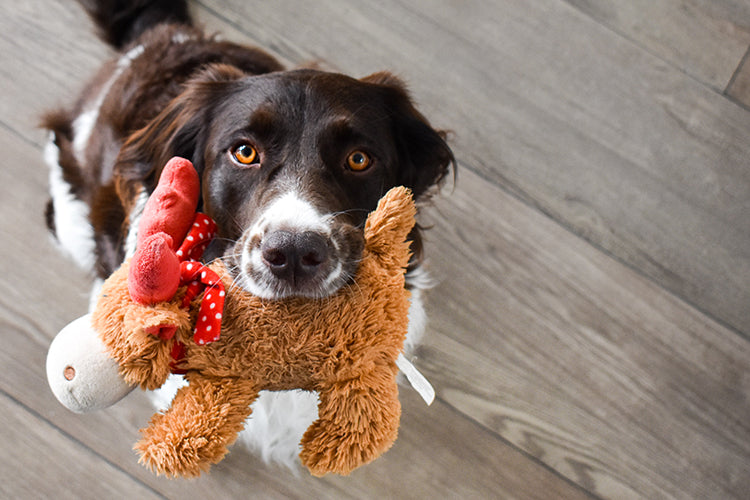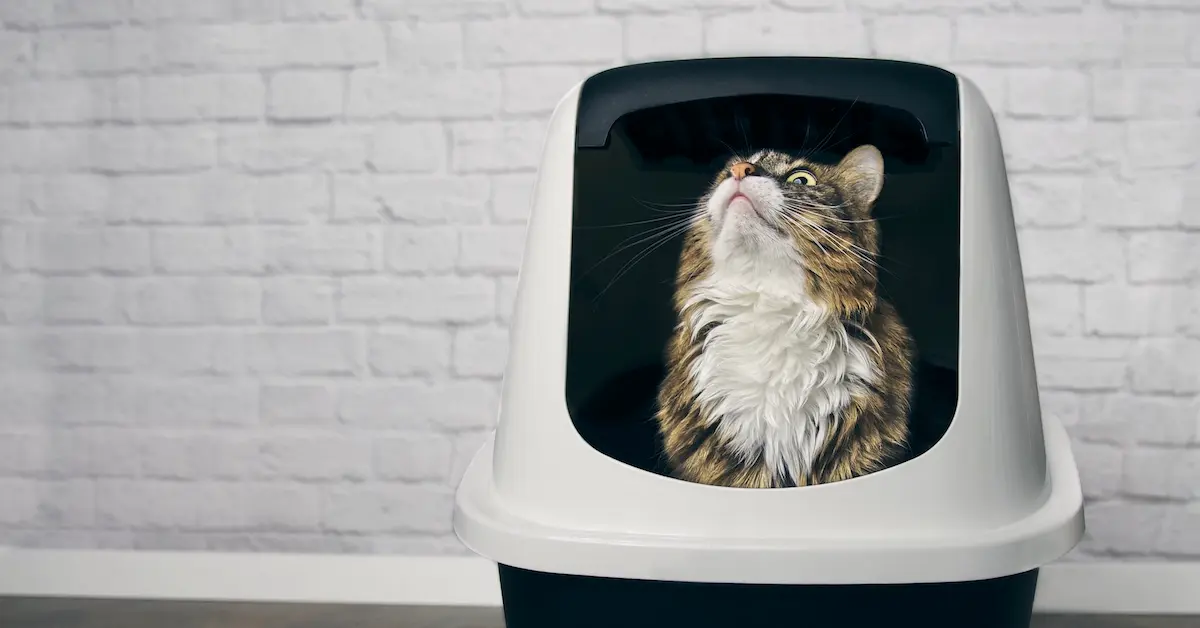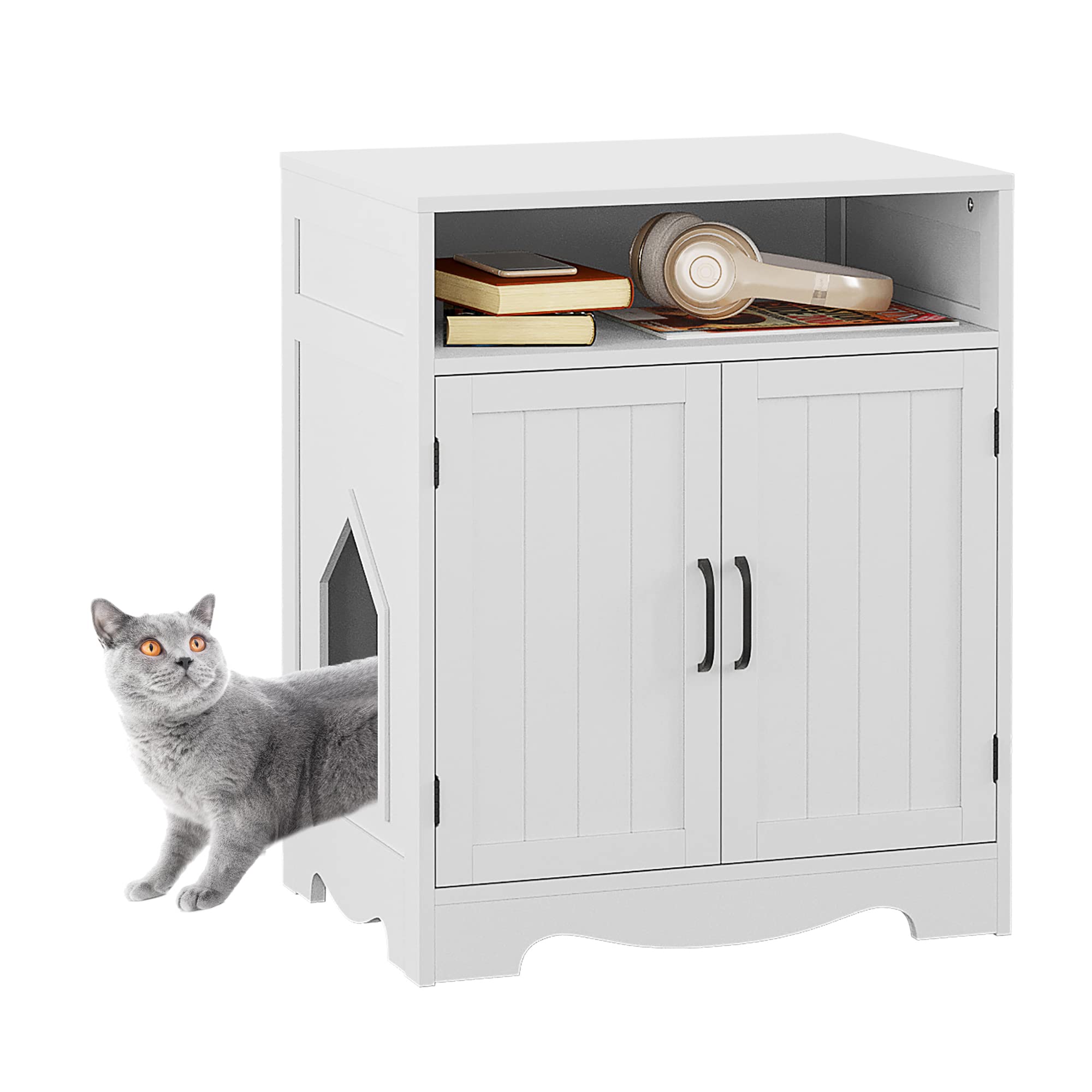If your dog suddenly becomes attached to a toy, it is likely because the toy provides them with comfort and a sense of security. Dogs often become attached to toys that either taste good or make specific sounds.
This behavior is normal and can be a sign of excitement or overcoming stress and anxiety. However, it is essential to monitor your dog’s attachment to toys, as it can sometimes become problematic. Understanding why your furry friend has suddenly become attached to a toy can help you ensure their mental and emotional well-being.
We will explore the reasons behind this behavior and provide tips on how to manage it appropriately.

Credit: www.amazon.com
Reasons For Toy Attachment In Dogs
Dogs become attached to toys due to various reasons. They might feel comforted by the toy’s scent, or it may provide them with a sense of security. In some cases, dogs get excited about having a new toy that they don’t know how else to express their emotions.
| Reasons for Toy Attachment in Dogs |
|
| Dogs may suddenly become attached to a toy due to various reasons. One of these reasons is separation anxiety. Holding onto their favorite toy helps them overcome distress or reinforces positive emotions when they are left alone. Lack of companionship can also cause dogs to become attached to a toy as it serves as a source of comfort and companionship. Hormonal changes, such as those experienced by un-spayed female dogs, may also cause toy attachment. Lastly, dogs may become attached to a toy out of fear of losing valuable items, which may lead to guarding behavior. It is important for owners to understand the reasons behind their dog’s toy attachment behavior in order to address it properly. |
Impact Of Toy Attachment
Dogs can become suddenly attached to a toy for a variety of reasons, including excitement, anxiety, or comfort. Holding onto their favorite toy can be your pup’s way of coping with stress or reinforcing positive emotions.
Emotional Impact of Toy Attachment
| Emotional Support for Dogs | Problems Associated with Toy Attachment |
|---|---|
| Holding onto a toy gives comfort to dogs and can help alleviate stress and anxiety | Dogs may become possessive and aggressive towards others who try to take their toy |
| Chewing on toys can help alleviate boredom and provide mental stimulation | Dogs may become fixated on a specific toy and ignore other forms of play or interaction |
| Playing with toys can provide a bonding experience between dog and owner | Dogs may become overly attached to a toy and refuse to play with any other toys |
It’s not uncommon for dogs to become attached to a particular toy, whether it’s a plush stuffed animal or a durable chew toy. This attachment can have both positive and negative impacts on the dog’s emotional wellbeing. On one hand, holding onto a toy can provide comfort and alleviate stress or anxiety. Chewing on a toy can also satisfy a dog’s natural instinct to chew and provide mental stimulation.
However, dogs may also become possessive and aggressive towards others who try to take their toy. They may become fixated on a specific toy and refuse to play with any other toys, leading to boredom or frustration. It’s important for owners to monitor their dog’s toy attachment and ensure that it does not become problematic.
How To Identify Toy Attachment In Dogs
Persistent licking or chewing of a toy, reluctance to share the toy, aggressive behavior, and whining or crying around the toy are all indications that your dog is attached to a toy. The toy may provide comfort to your pet, especially if they have separation anxiety or experiencing emotional distress.
Some dogs may get overly excited when they get new toys, leading to whining and crying as they express their excitement. If your dog exhibits aggressive behavior around their toy, it may be a sign of fear of losing the valuable item. Punishing them or telling them off for guarding the toy can increase their anxiety and exacerbate the behavior. Instead, consult with a vet or a professional dog trainer to address the behavior.

Credit: www.amazon.com
How To Manage Toy Attachment In Dogs
Dogs can become suddenly attached to a toy due to various reasons, such as excitement over a new toy or the need for comfort. Sometimes, female dogs may baby their toys due to hormone imbalances or false pregnancy. As a pet owner, it’s essential to manage toy attachment in dogs to prevent problematic behavior like resource guarding.
| How to Manage Toy Attachment in Dogs |
| Gradual Withdrawal from the Toy |
| Positive Reinforcement |
| Providing Alternate Toys |
| Professional Help |
If your dog suddenly becomes attached to a toy, don’t panic. Gradual withdrawal from the toy is one solution. Positive reinforcement can also be used to encourage your dog to let go of the toy without feeling anxious or stressed. Providing alternate toys is another option. Plus, it’s essential to ensure that your dog isn’t using the toy as a coping mechanism for separation anxiety.
You can also seek professional help if your dog’s attachment to the toy is causing problematic behavior. Remember, every dog is unique, and there’s no one-size-fits-all solution for managing toy attachment. With patience and understanding, you can help your pup overcome toy attachment and ensure a happy and healthy relationship between you and your furry friend.
Frequently Asked Questions On Why Is My Dog Suddenly Attached To A Toy
Why Is My Dog Suddenly Carrying Her Toy And Crying?
Dogs sometimes carry and cry over their toys as a sign of excitement and not knowing how to express themselves. They may calm down once they have vented enough. In some cases, a dog may hold their favorite toy for comfort as a psychological way to overcome distress or reinforce positive emotions.
Dogs may also guard their toys out of fear of losing them.
Why Is My Dog Treating A Toy Like A Baby?
Some dogs treat their toys like babies because they find comfort in doing so. This behavior can happen due to various reasons, including excitement, hormone imbalance, separation anxiety, or feeling possessive of the toy. It’s not uncommon, and as long as the behavior is not problematic, the attachment to the toy will likely lessen over time.
What Does It Mean When A Dog Is Attached To A Toy?
When a dog is attached to a toy, it can mean they find comfort in it, especially if they are nervous or excited. It can also be a way for them to overcome distress or reinforce positive emotions. Dogs may prefer toys that taste good or make certain sounds.
Some may also guard their toys out of fear of losing them, which can lead to anxiety. However, in most cases, a dog’s attachment to a toy is normal and harmless.
Why Is My Dog Suddenly Protective Of Toys?
Dogs can become protective of their toys due to fear of losing their valuable possessions. Punishing them for guarding the toy may increase their anxiety and urge them to protect it even more. Sometimes, a new toy may also lead to excitement and whining sessions, which will stop when the dog calms down.
Dogs may also carry their favorite toys for comfort or when experiencing separation anxiety.
Conclusion
To sum up, there are various reasons why a dog may suddenly become attached to a toy. From providing comfort to expressing excitement or simply enjoying the taste and sound of a particular toy, it’s important to understand your dog’s behavior and recognize any signs of anxiety or distress.
While a strong attachment to a toy may not always indicate a problem, it’s always a good idea to observe your pet’s behavior and seek veterinary advice if necessary. So, keep your furry friend happy and healthy by providing them with the best possible care and attention!





One Response